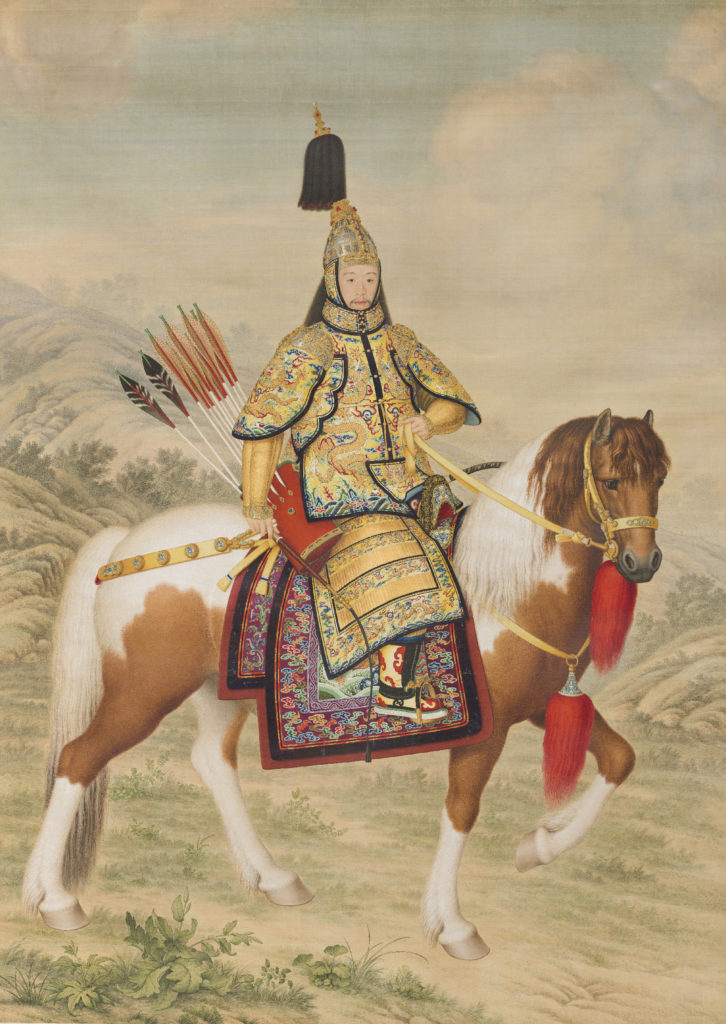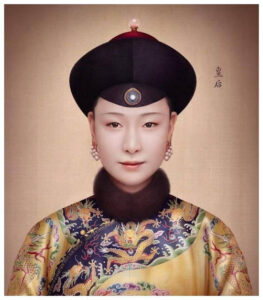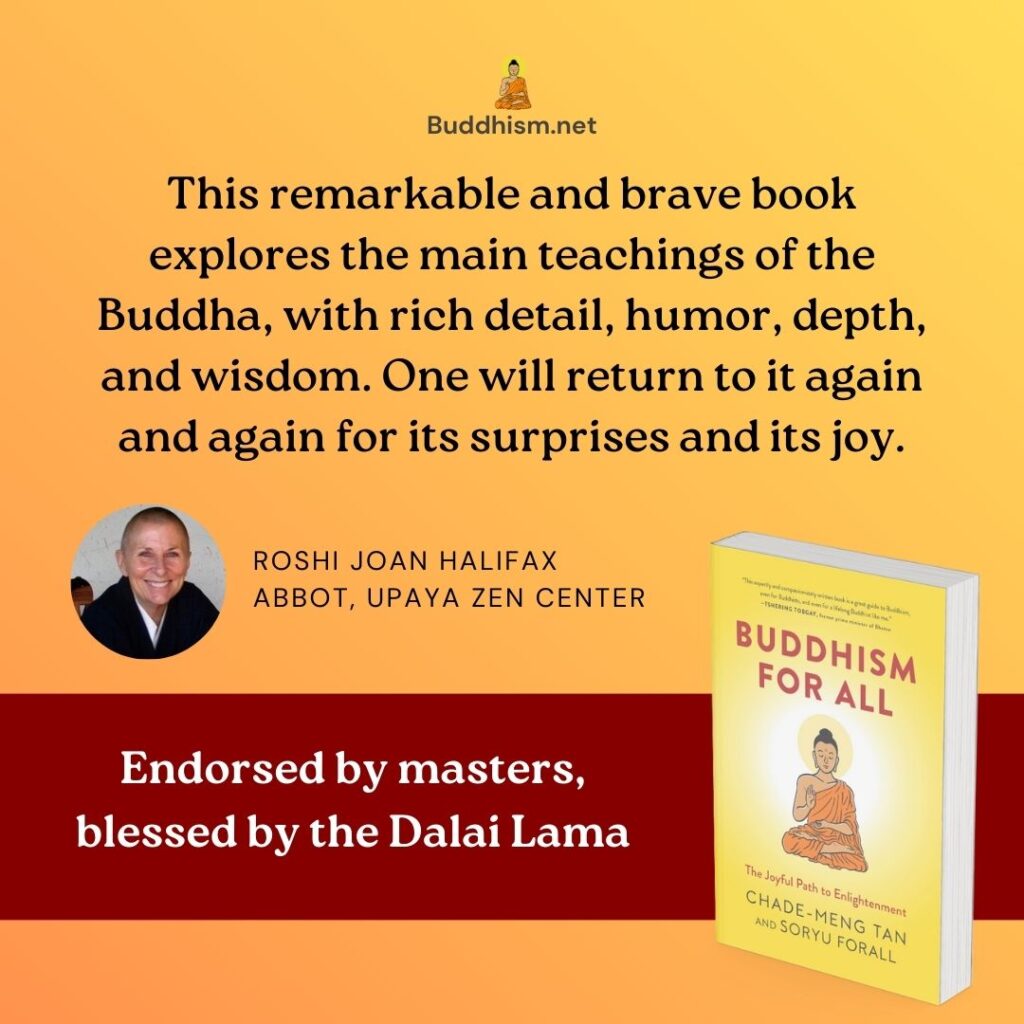
Imagine being born into an extremely lucky circumstance. Would you still have any suffering?
Hongli had one of the luckiest births in the history of the world. He was born to a family of extreme wealth and power: his grandfather was the great Emperor Kangxi of China (康熙皇帝). Young Hongli quickly became the emperor’s favorite grandson. Hongli was also blessed with genetic gifts: he was highly intelligent and athletically gifted, reputed to be an outstanding fighter and hunter. But wait, it got even better. In 1735, Hongli became Emperor Qianlong of China (乾隆皇帝) at the lucky age of 24: old enough to be an adult, but young enough to really enjoy being emperor. Better still, he became emperor at the height of China’s prosperity thanks to the conscientious governance of the previous two emperors: his father and his grandfather.
Imagine being young, healthy, highly intelligent, athletic, attractive, and having absolute rule over a prosperous, powerful county representing roughly one third of humanity and one third of the world’s GDP. But wait, it was even better than that. Emperor Qianlong had a perfect wife. Empress Fuca (富察皇后) was known to be beautiful, kind, intelligent, talented, and virtuous. Qianlong was blessed with a genuinely loving relationship with his wife, which was rare among ancient rulers. He also had dozens of concubines, which many people may regard as lucky.

Can a man who had everything have any suffering? As it turns out, yes. Qianlong’s favorite son was the one he had with his beloved empress, and he so loved this son he named him Crown Prince. That son died at eight of smallpox. A few years later, the couple had another son, and again, he was so beloved that Qianlong named him Crown Prince. That son too died of smallpox, before he turned two. The empress was so devastated she fell into depression and died of illness just three months later. That had a devastating impact on Qianlong, and we know that because he had a great change in personality. Before the death of Empress Fuca, Qianlong was a wise, conscientious, compassionate and highly competent emperor. Immediately after, he became murderously cruel, greedy, and increasingly corrupt and incompetent. He spent the rest of his life mostly squandering the national prosperity painstakingly built up by his father and grandfather. In 1799, Qianlong himself suffered death at the age of 87.[1]
Even Emperor Qianlong, beneficiary of possibly the luckiest birth in the history of the world, was subject to the suffering of illness, old age, and death, both his own and of those dearest to him. So, there you have it. Wish for any lucky birth, you will still suffer. Welcome, my friends, to the discussion on suffering. We will explore the topic in more detail in the next few articles.
Activities
References
[1] Chinese writer and historian Zhang Hongjie (张宏杰) has a fascinating 23-part lecture series on the life of Qianlong, titled《百家讲坛》 成败论乾隆. Available on Youtube.


